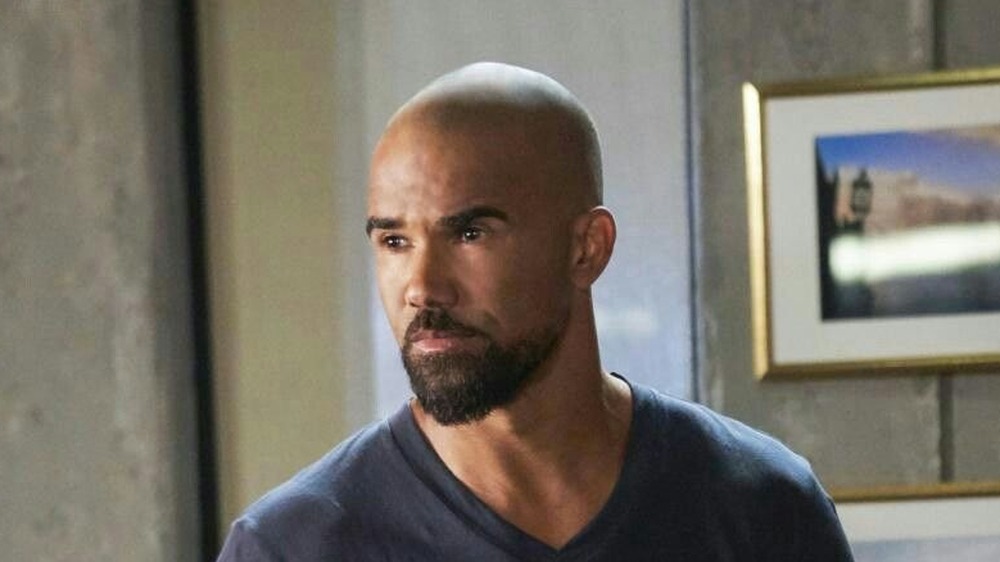The Real Reason The Main Characters In Criminal Minds Have Dark Pasts
Criminal Minds is known for telling some dark stories — really, what more could you expect from a show about people who track violent criminals? During its time on the air, it showcased the worst of humanity via its terrifying unsubs (many of whom are based on real killers), while also showing the strength and fortitude of the Behavioral Analysis Unit (BAU) agents that devoted their lives to catching them.
While Criminal Minds episodes often focused more heavily on the BAU's work, fans did get to know plenty about the main ensemble. Over the course of 15 seasons, we learned a lot about the core characters, including what their lives were like before they became FBI agents.
Strangely, in many cases, the Criminal Minds characters' backstories were as tragic as some of the cases they tracked. Some were victims of heinous crimes themselves, while others survived other traumatic events earlier in their lives that shaped who they are. That may seem like a strange creative choice — why add even more tragedy to a series that's already so dark? However, there's actually a pretty good explanation for why Criminal Minds' creative team chose to give so many of the main characters dark pasts, and how those storylines ended up making the series more compelling.
The dark pasts of some Criminal Minds' characters fit the series' broader themes
While some of Criminal Minds' core characters lived relatively quiet lives, quite a few of them came to the BAU with a ton of stressful experiences under their belt. In season 2, we learned that Derek Morgan (Shemar Moore) was a victim of childhood sexual abuse. Spencer Reid's (Matthew Gray Gubler) schizophrenic mother Diana (Jane Lynch), and his traumatic experiences growing up with her, were a recurring part of his storyline. Even Penelope Garcia (Kirsten Vangsness) had a dark past as a vigilante hacker, before she was arrested and then given the chance to work for the BAU rather than serve jail time.
In many cases, we only learned about these aspects of the characters' lives because they had a connection to a BAU case. Morgan's past trauma, for example, came to light after he was accused of murdering three children and his coworkers sprang to action to exonerate him. But beyond helping to create an emotional anchor of sorts to Criminal Minds' heavier themes, the characters' dark pasts also fit the overall tone of the series. Criminal Minds wasn't the kind of show that dealt with the mundane details of life, so focusing on those when it came to the core ensemble would have been strange. Fans were able to grow attached to characters like Morgan, Reid, and Penelope by seeing how their own histories made them emotionally invested in their work.

